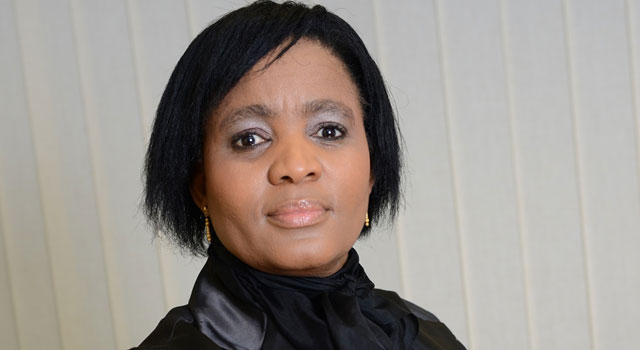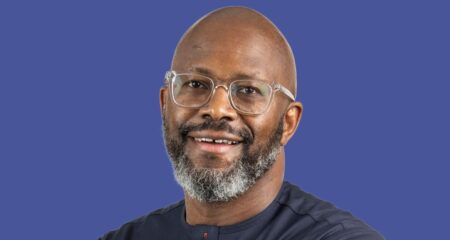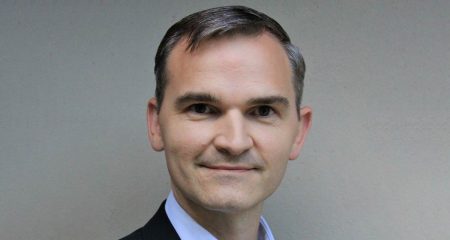
Puleng Kwele, who was appointed as CEO of Broadband Infraco in 2012, believes the state-owned wholesale fibre-optic infrastructure provider, whose clients include Neotel, MTN and Cell C, is poised to turn around its fortunes in the financial year ended March 2014.
But Kwele warns that the 2013 financial results, which are due to be published on 8 August, are “not necessarily going to be that great, although it will be the second year we generate cash from operations”.
In 2012, Broadband Infraco, which is 74% controlled by the department of public enterprises – the Industrial Development Corp holds the remaining 26% — lost R95,2m. This was an improvement on the loss of R205,6m it reported in 2011.
“We are on the right track,” says Kwele, who took the reins at the company from caretaker CEO Andrew Shaw in June 2012.
“The results in the prior year were not great. I had an exodus of technical staff as I took over, but … have confidence in where the company is going. My first year was making sure we have the right skills and plans in place.”
According to Kwele, Broadband Infraco has not made much progress with building new fibre-optic infrastructure in the past year — it deployed only 100km of new fibre — but she says several projects were put on ice while her team reassessed them. Infraco has 13 000km of fibre in total.
“I came into office and had to stall some of the things we were doing to ensure proper engineering principles were applied before doing things for the sake of doing them,” she tells TechCentral.
Kwele insists there is a role for the state in building fibre-optic networks, and says her job is to convince government to give Broadband Infraco, which was established in the mid-2000s under the direction of former public enterprises minister Alec Erwin as a rival to Telkom’s wholesale network, the necessary funding.
“Both government and the private sector have a role to ensure we provide broadband access,” she says. “First-world countries do it. As a developing country, we need to ensure we start doing it. But there needs to be a common understanding of what we are trying to achieve with this broadband.”
Government, she adds, needs to focus on national backhaul, guided by a clear policy framework and informed by the objectives of the national development plan. “We have provinces with no broadband infrastructure at all.”
But if Infraco is to build networks in underserviced parts of South Africa, can this be balanced with the company’s need to be financially sustainable?
“It is not an easy thing to balance our mandate to the financial expectations, but the socioeconomic benefit of [broadband infrastructure], if properly put together, would far exceed the investments that are made,” Kwele says. “Government through its various departments needs to ensure the country delivers on broadband access for all.
“A clear policy direction is critical, [defining] where government plays and where the private sector plays. There is a lot at stake.”
She says an “optimal way of funding” is needed, along with “clarification on the different aspects of the returns”.
No to Sentech merger
Kwele says that long-running talk in government of a potential merger between Broadband Infraco and state-owned broadcasting signal distributor Sentech “doesn’t make sense”.
“Is there a need for government to look at how [Infraco and Sentech] engage? Yes. Whatever it is that we do as a company, we mustn’t duplicate what Sentech does. But I’m not sure what we’d be trying to merge. It would make sense to merge institutions that would deliver much more [combined], but Sentech returned the money it was given for broadband.” — (c) 2013 NewsCentral Media




